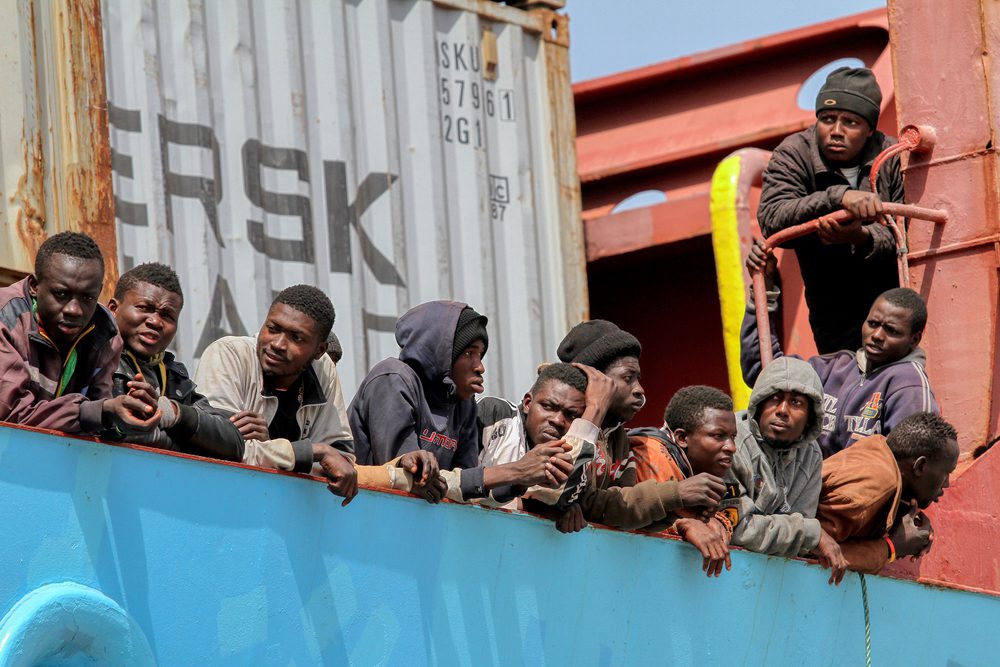
Residency permits for refugees will be restricted, according to new legislation passed by the Italian Senate 92 to 84, on Wednesday, April 19th. Authorities have claimed that “special protection status” has been abused by asylum seekers who have entered the country illegally under false pretences, and the bill hopes to help redress this problem.
The Cutro decree, named after the maritime disaster that claimed the lives of 89 refugees in February, imposes harsher prison sentences on human traffickers in addition to new restrictions on refugee work permits.
The bill effectively reverses the watering down of immigration laws by the previous Draghi government in 2020 which led to bogus asylum seekers claiming benefits such as work permits or free legal aid. The legislation will limit the protections offered to refugees, including acceptance into reception centres, and reduce the chances of receiving work permits. Favourable weather conditions for sea travel, combined with conflicts in Afghanistan and several regions of Africa are driving the influx.
The bill also removes funding for legal aid and language classes for refugees with authorities hoping it will reduce asylum fraud. The Chamber of Deputies is expected to give their approval to the bill on May 10th with left-wing groups calling for sit-in protests outside the Italian Parliament in opposition to the proposals.
The new legislation comes as Italian municipalities such as Bologna prepare tent cities to manage the overflow of refugees entering the country.
Italy entered a six-month state of emergency on April 11th due to the asylum crisis with 32,769 people arriving in Italy illegally by boat in the first three months of 2023, representing a quadrupling of last year’s figures.
Italian Agricultural Minister Francesco Lollobrigida was chastised last week for his hardline comments against immigration and demographic replacement. Nevertheless, the government continues its long-promised clampdown against open-border NGOs and negotiation of bilateral deals with North African governments to help regulate illegal migrant flows in exchange for legal study permits.
Meloni in her diplomatic outreach has been conscious of not antagonising EU nations in her pursuit of a joint EU strategy on asylum, complicated by the EU Commission calling on member states to accept their ‘share’ of refugees. Italy is seeking financial aid from Brussels to help alleviate the financial burden of the crisis as the Lampedusa reception centre overflows with the Italian Navy and Coast Guard regularly rescuing 1,000 refugees every weekend.
Getting a handle on Italy’s runaway asylum crisis has Meloni supporters arguing that the measures, a poor start, are nevertheless the first steps in solving a crisis not of Italy’s making. Regardless, Meloni and her government are in a race against time to prevent further humanitarian disasters and political fallout as refugee numbers are expected to balloon further in the summer months.
